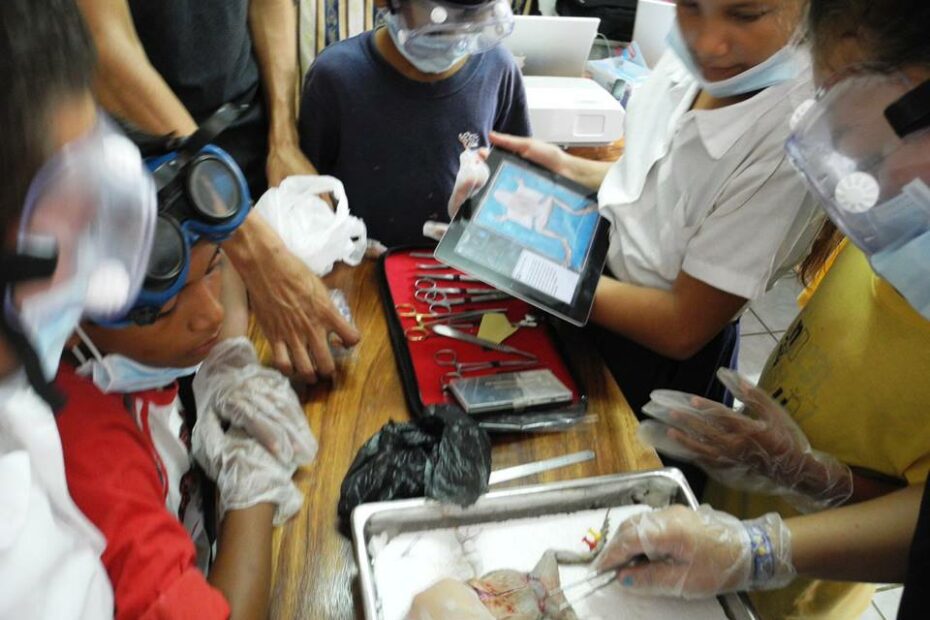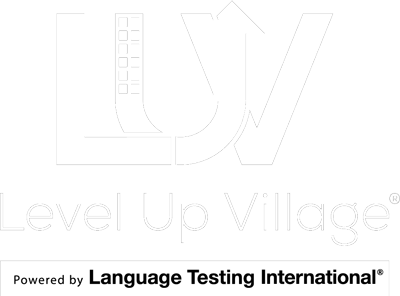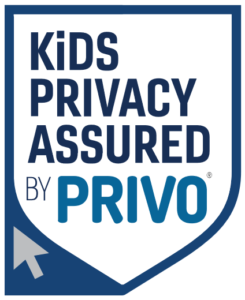Introduction
What exactly are these 21st century skills that everyone is talking about?
This is a key question posed by parents and school leaders, especially in today’s world of shifting academic expectations, new educational standards and evolving technologies. 21st century skills for students is fast becoming an essential part of the education landscape.
21st century skills refer to the skills that must be developed in order for students to thrive in the 21st century – skills such as critical thinking, collaboration, communication, global awareness, and digital literacy. These holistic skills set up students for success in our increasingly globalized and technological society.
Developing 21st century skills is essential for students to succeed in the future. With the advent of new technological advancements and the ability to now work remotely with people from around the world, it is imperative that students are taught the skills they need to effectively communicate in and contribute to their communities.
In this guide, we will go over the essential 21st century skills in education, resources for developing 21st century skills in the classroom, ways to assess 21st century skills, and how students can utilize these 21st century skills in the workplace in the future.
Essential 21st Century Skills
There is a general consensus on the 21st century skills students need to master in order to thrive in this world:
Critical Thinking and Problem-Solving
Critical thinking and problem-solving 21st century skills are essential for students to succeed in today’s society. These skills involve analyzing information, evaluating arguments, and developing creative solutions to complex problems. By developing these skills, students are better equipped to navigate the rapidly changing world and make informed decisions in both their personal and professional lives.
Collaboration and Teamwork
Collaboration and teamwork are essential 21st century skills for students. Students who learn how to work well with others will be better equipped to tackle complex problems and succeed in the workforce. Teamwork can also help students develop communication skills, leadership abilities, and a sense of empathy for others. By collaborating with others, students can learn how to listen to different perspectives, compromise, and come up with creative solutions to problems.
Communication and Media Literacy
Students need to learn how to effectively communicate both in person and through various forms of media, including social media, email, and texting. They also need to learn how to interpret and analyze media messages to understand the information presented and the impact it may have on society. By developing these skills, students will be better equipped to navigate the digital world and communicate effectively with others.
Creativity and Innovation
Creativity and innovation are essential 21st century skills in education. These skills enable students to think outside the box, come up with new ideas and solutions to problems, and adapt to an ever-changing world. Many schools and universities are now emphasizing the importance of teaching creativity and innovation skills alongside traditional academic subjects. By fostering creativity and innovation in students, educators are preparing them for success in the modern workforce and beyond.
Digital Literacy and Technology Skills
Digital literacy and technology skills are essential 21st century skills that students need to acquire. With the increasing reliance on technology in every aspect of our lives, students need to be proficient in using digital tools, navigating digital platforms, and consuming and creating digital content. Additionally, students need to be aware of the ethical and social implications of technology use and be able to use technology to communicate, collaborate, and solve problems effectively. Developing strong digital literacy and technology skills will equip students with the competencies needed to thrive in the future workforce and society.
Developing 21st Century Skills
Here are some strategies for integrating 21st century skills into the classroom curriculum:
- Project-based Learning: Encourage students to work on projects that require them to collaborate, think critically, and communicate with one another. This allows them to develop their problem-solving and teamwork skills.
- Technology Integration: Integrate technology tools such as tablets, computers, and interactive whiteboards to engage students in learning. Encourage students to use technology for research, collaboration, and communication.
- Real-World Connections: Connect classroom learning to real-world experiences through virtual global exchanges. This will help students see the relevance of what they are learning and develop their problem-solving skills.
- Incorporate Soft Skills: Teach soft skills like communication, teamwork, and empathy. These skills are essential for success in the 21st century workplace.
- Personalized Learning: Use data and assessments to personalize learning for each student. This will ensure that each student is developing the skills they need to succeed in the 21st century.
Assessing 21st Century Skills
Assessments for evaluating 21st century skills in students can include a variety of approaches such as portfolios, performance tasks, project-based learning, and self-reflection. Rubrics can be developed to assess specific skills such as communication, collaboration, critical thinking, and creativity. It is important to ensure that assessments and rubrics align with learning objectives and standards, and that they are designed to provide meaningful feedback to students.
Challenges and Limitations of Assessing 21st Century Skills
One of the main challenges in assessing 21st century skills in students is the lack of standardized measurement tools. Many of these skills, such as critical thinking, collaboration, and communication, are difficult to measure quantitatively. Additionally, there is still debate among educators and researchers about what exactly constitutes a 21st century skill and how they can be effectively assessed. Some limitations in assessing these skills include the influence of cultural and societal factors on individual expression and the potential for bias in assessment methods.
The future of work is rapidly changing and students need to be equipped with 21st century skills to succeed. Some of these skills include critical thinking, creativity, communication, collaboration, and digital literacy. These skills are becoming increasingly necessary as more jobs require the use of technology and the ability to analyze and solve complex problems. It is important for educators to focus on developing these skills in students in order to prepare them for the workforce of the future.
Jobs that require 21st century skills include positions in technology, healthcare, finance, and education. Some specific examples are software developers, data analysts, artificial intelligence/machine learning engineers, nurses and healthcare technicians, financial analysts, and STEM educators. These jobs not only require technical skills but also strong communication, problem-solving, and critical thinking skills. The ability to adapt to new technologies and work collaboratively with others is also highly valued in these fields.
Conclusion
21st century skills are essential for students to succeed in the world and incorporating the teaching of these skills into the classroom, alongside more academic-focused teachings, will help students as they graduate and matriculate into the workplace.
FAQs
21st century skills refer to the skills that must be developed in order for students to thrive in the 21st century. These holistic skills set up students for success in our increasingly globalized and technological society.
Essential 21st century skills that students need to succeed include: critical thinking and problem-solving, collaboration and teamwork, communication and media literacy, creativity and innovation, and digital literacy and technology skills.
21st century skills can be developed in the classroom through: project-based learning, technology integration, real-world connections, the incorporation of soft skills, and personalized learning.
Virtual global exchanges, such as Level Up Village’s Global Connections courses, can provide students a window into another culture, all from the comfort of their classrooms. These kinds of exchanges can help students gain new global perspectives, which is imperative to their success in the future.
The future of work is rapidly changing and students need to be equipped with 21st century skills to succeed. Some of these skills include critical thinking, creativity, communication, collaboration, and digital literacy.
It is important for educators to focus on developing these skills in students in order to prepare them for the workforce of the future and it is important for students to take these teachings seriously and implement them in their everyday lives.




